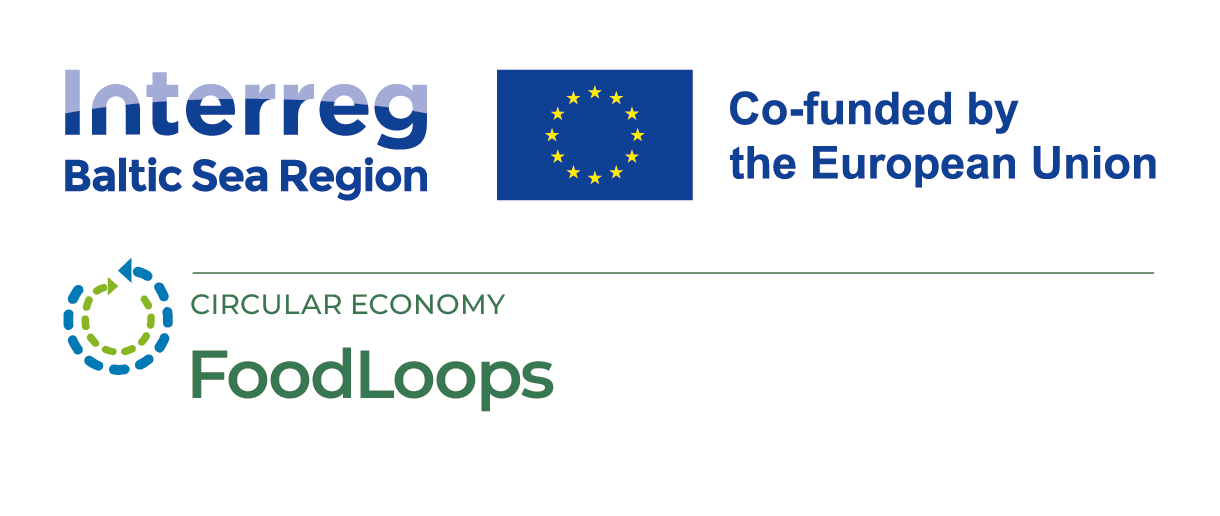
FoodLoops at “Coffee with KISMET #11” – presenting the importance of building local cooperation in the BSR to address the challenge of food waste in schools
03 June 2024

On May 16th 2024, two partners of the FoodLoops project gave a glimpse to the first steps of the project at the event “Coffee with KISMET #11”.
Daniela Chaves, Project Manager of FoodLoops and representative of the German partner, CSCP (Collaborating Centre on Sustainable Consumption and Production), shared where the project’s idea came from, naming other European projects such as HOOP and SCALIBUR, both of them tackling the challenge of urban biowaste. Daniela showed the potential behind the school food system in regards to food waste reduction as the main reason why the project is directing its activities to food service: around 12% of total food waste along the supply chain (Pancino et. al., 2021) derives from food services (universities, hospitals, school canteens, catering companies etc.).
Additionally, Daniela pointed out the relevance of bringing different stakeholders together, in order to tackle the challenge of food waste in schools. In this cooperation lies the power of transforming the school food system on a long-term period. To conclude, she presented what the audience can expect as a main outcome of FoodLoops: a manual on local cooperation for circular biowaste in schools.
Following the first part of the presentation, the Polish partner of FoodLoops, City of Gdańsk, represented by their Project Manager Małgorzata Ratkowska, shared some background information about Gdańsk and the experiences, including challenges, the team members acknowledged so far during the carried out project’s activities. Małgorzata ended her presentation by naming which next steps are already planned and their purpose.
Afterwards the participants had the chance to raise their questions to the presenters. Among others, they were interested in understanding more about the challenges to involve certain target groups as well as how the project partners are planning to engage farmers or farmers’ associations. The discussions were fruitful and inspiring.
Listening and interacting at the FoodLoops’ presentation, there was an audience of around 30 participants and among these, there were all KISMET partner’s representatives, some KISMET associated organisations as well as other organisations interested in sustainable food consumption. The event was organised by Inga Vyšniauskienė from Lithuanian Innovation Centre and the FoodLoops partners were directly invited by Christiane Kuhrt from City of Hamburg (Lead Partner at KISMET).
Additional links:
- Link to the event at KISMET official website: https://interreg-baltic.eu/event/coffee-with-kismet-11/
- CSCP website: https://www.cscp.org/
- City of Gdańsk: http://www.gdansk.pl/





